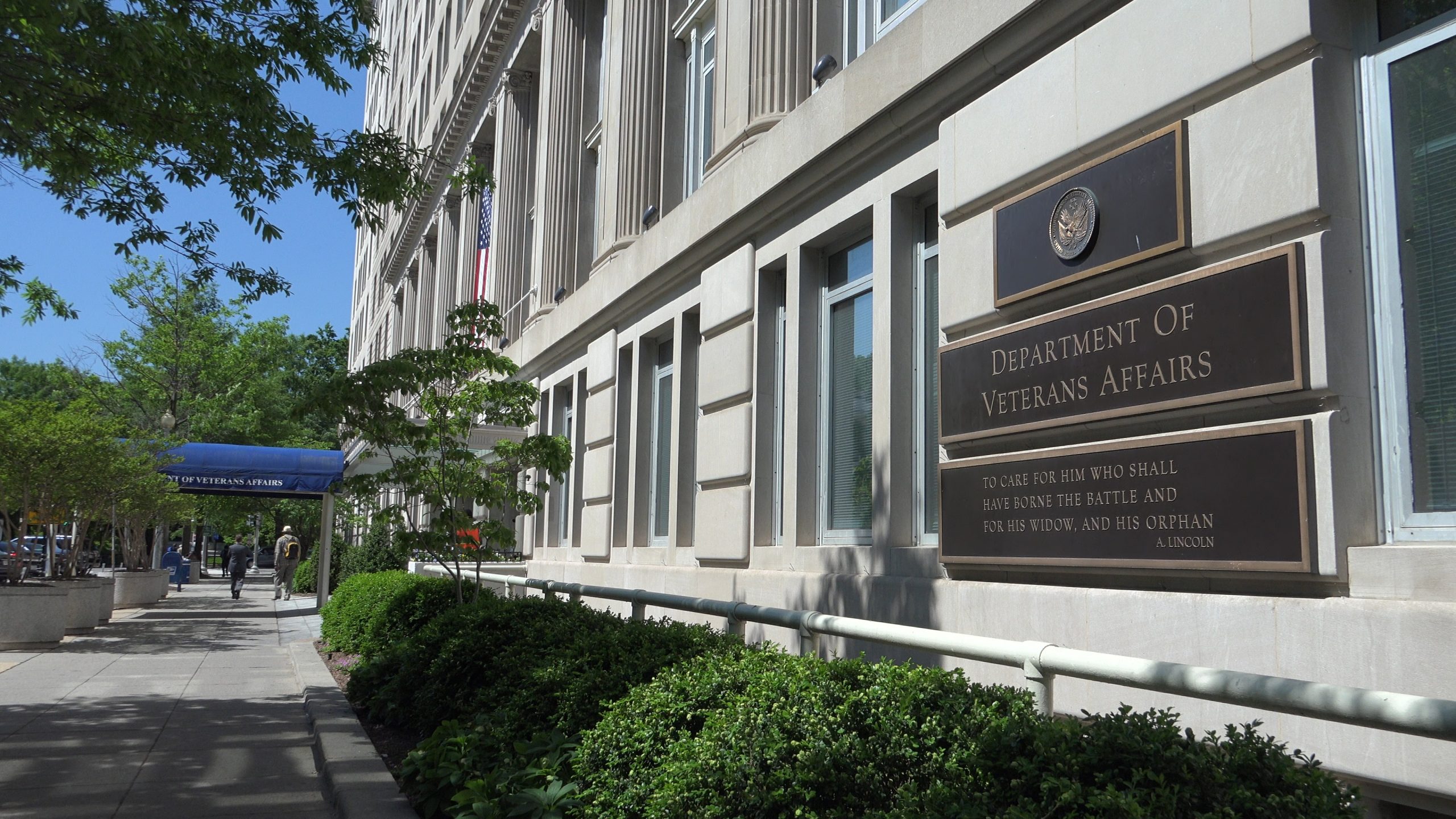CASE PREVIEW
Justices will consider equitable tolling for a veteran suffering from PTSD

on Oct 3, 2022 at 9:17 am

If a veteran of the United States Armed Forces sustains an injury during military service, they may be entitled to disability benefits. If they apply for benefits within a year of separating from the military, benefits may begin retroactively to the day after service. Yet, if a veteran fails to apply for those benefits within a year of discharge, they stand to lose thousands of dollars because the law currently does not permit equitable tolling – the doctrine that allows individuals, in some circumstances, to pursue a claim after a statutory deadline has expired. That may change after the Supreme Court hears Arellano v. McDonough, which will be argued on Tuesday. This case will determine if a veteran can file a claim many years after service and be paid disability benefits back to the day after their discharge from the military.
Adolfo Arellano served in the United States Navy from 1977 to 1981. During his time in the Navy, while serving on the U.S.S. Midway, Arellano witnessed his fellow servicemembers being injured and killed, as he was almost crushed and swept overboard. As a result, he began suffering from severe mental health conditions, including post-traumatic stress disorder. The severity of his condition left him unable to understand that he was eligible to file a claim for disability benefits with the Department of Veteran Affairs. When he finally filed a claim for benefits 30 years later with the assistance of his brother, the VA agreed that his mental health condition was related to his military service and that it was totally disabling. As a result, the VA began paying him disability benefits — but only as of the date he filed his claim in June 2011.
Arellano appealed, requesting that the timetable in the controlling statute, 38 U.S.C. § 5110(b)(1), be equitably tolled, thus providing an earlier payment date for benefits. Equitable tolling allows courts, or in this case, an agency, to excuse missed deadlines in some circumstances. To obtain equitable tolling, a person must show that they were unable to pursue a claim due to extraordinary circumstances that prevented them from filing in time. Here, if equitable tolling is permitted and satisfied, Arellano will receive retroactive VA benefits from his separation date in 1981 until the date he filed his claim. Arellano could receive over $600,000 in back pay.
The U.S. Court of Appeals for the Federal Circuit, sitting en banc, unanimously found that equitable tolling is not available to Arellano, but was split on whether the statute could be equitably tolled. The court was split on whether this statute was a statute of limitations and entitled to the Irwin presumption. In Irwin v. Department of Veterans Affairs, the Supreme Court established a rebuttable presumption that equitable tolling applies to statutes of limitation. Half of the court joined Judge Raymond Chen’s concurrence that found that the statute in question is not a statute of limitations and thus, the Irwin presumption does not apply. In Judge Timothy Dyk’s concurrence, the other half of the court found that equitable tolling is available under Section 5110(b)(1), as it is a statute of limitations. Nevertheless, this concurrence found that Arellano had not shown that he had good cause for tolling to apply. Because the Federal Circuit is the only federal appeals court to hear cases dealing with VA benefits, this is as close as veterans law can get to a circuit split.
Arellano argues that veterans should benefit from equitable tolling of the one-year deadline under Section 5110(b)(1) in appropriate circumstances. He argues that the Irwin presumption in favor of equitable tolling applies to the one-year deadline set out in the statute because it functions as a statute of limitations. Arellano asserts that the statute prescribes a veteran’s rights to benefits and that they will lose some benefits if they do not pursue a claim within one year of service. He further argues that if there is doubt about whether it is a statute of limitations, the court should adhere to the veteran’s canon of statutory construction, where ambiguities should be resolved in the veteran’s favor. Further, if the court finds that this statute allows equitable tolling, Arellano reasons that his case must be remanded back to the agency for fact-finding to allow him to develop and argue his facts under this new framework.
By contrast, the government contends that equitable tolling does not apply to the statute, arguing that it establishes a grace period and not a statute of limitations. The government reasons that this one-year grace period only determines the amount of benefits the veteran may receive. In other words, it is not a bar to entitlement to benefits. The government asks the court to look at the totality of 38 U.S.C. § 5110, which establishes the payment start date as the date the claim is received, with limited exceptions. The government argues that if Congress intended for equitable tolling to apply, it would have explicitly included it in its exceptions. The government points to one of those exceptions, subsection (b)(4), where Congress specifically addressed circumstances like Arellano’s when a permanent and total disability prevented an earlier filing. There, Congress allows an additional year of benefits, but nothing more.
Allowing equitable tolling would require intense fact-finding, the government continues, and would deplete the resources of the already overburdened department. Finally, if the court finds that the statute allows equitable tolling, the government argues that since Arellano did not show that he diligently pursued benefits for 30 years he has not proven that he is entitled to equitable tolling. A remand is not, therefore, necessary.
Several amicus briefs illuminate the human impact of this case. For instance, the Edgewood Veterans’ amicus brief provides a history of the U.S. Army Laboratories, where classified medical studies were performed on soldiers using sarin nerve gas, mustard agents, LSD, and riot control agents. The victims highlighted in the brief were not only exposed to several toxins but were also sworn to secrecy under the threat of court-martial. They were not released from this obligation until 2006 when the VA finally sent notices. This amicus brief, along with five others, asks the Supreme Court to find that equitable tolling is allowed under the statute.
Some fear that if the Supreme Court sides with Arellano the floodgates will open with veterans applying for retroactive benefits. But, while the VA could see a surge in disability claims, veterans will still be required to show an extraordinary reason why they could not or failed to file within that one year of separation from the military.
Disclaimer: The author of this article is a member of the National Law School Veterans Clinic Consortium, which filed an amicus brief supporting Arellano. The author did not participate in the amicus brief and is not personally involved in the case.


